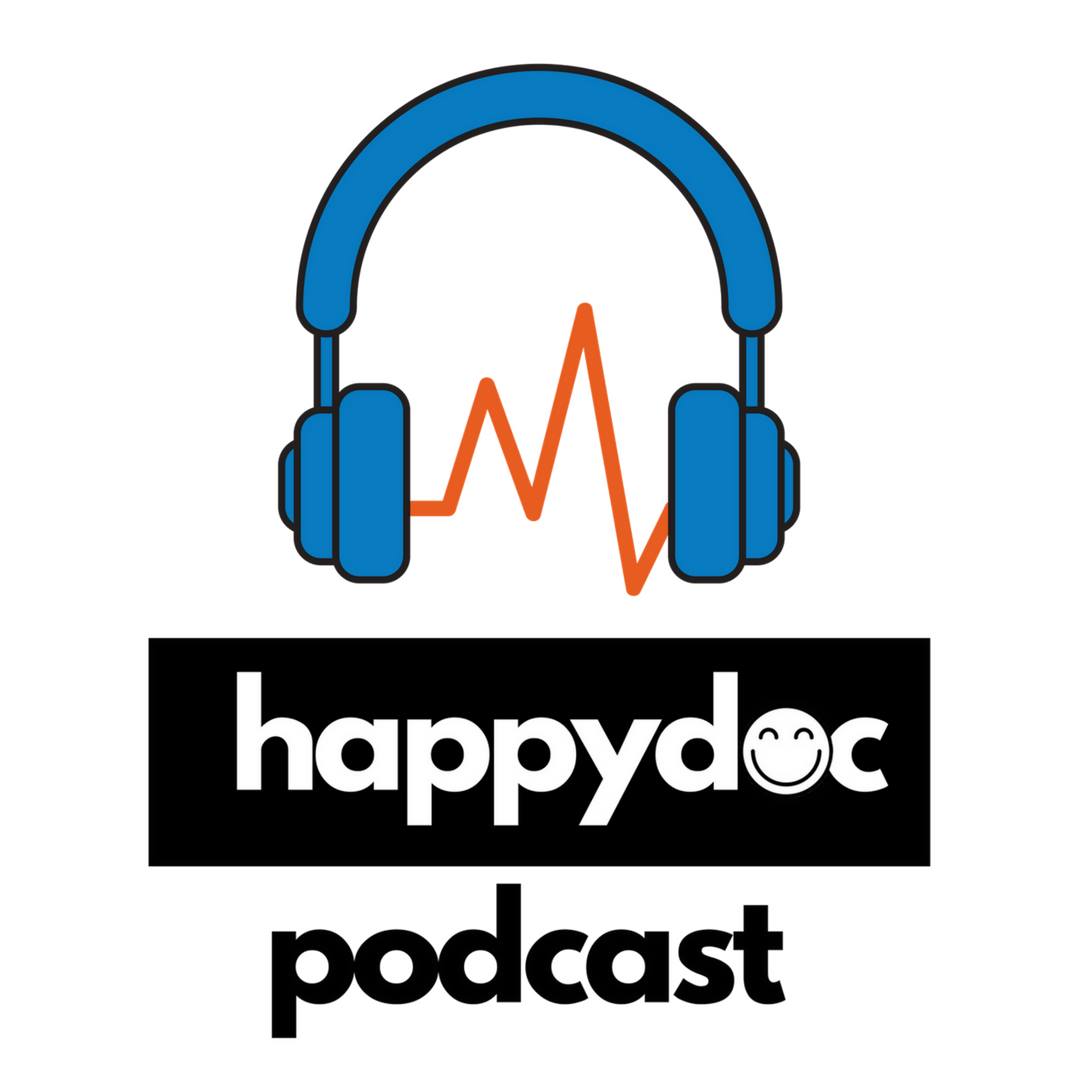by Neel Desai, M.D. The Happy Doc Podcast Episode 69:…
9 Tips for becoming a Happy Medical Student & Happy Doctor
by Neel Desai, M.D.
Taylor was recently invited by Picmonic CEO and Co-founder Ron Robertson to discuss 9 tips he has learned from The Happy Doc for being a Happy Doc/Medical Student on their live webinar series.
Here are the highlights. The full video link is below.
9 Tips for Becoming a Happy Medical Student/Happy Doctor
1. Doing what you love
This has to come from your heart. It means knowing your passion and what you love doing. Explore your interests. If you don’t know what you love—“taste” lots of things—experience different things and areas of medicine to find out what you love. Put in an honest effort to do what you love, not what some friend, family member, or “society” tells you to love. Have a passion for what you do as well as the process.
2. Positive Mindset
Your goal should be a growth mindset. It involves moving towards a big goal with passion and direction—in other words, moving positively. With a positive mindset, you make struggles, problems, adversity learning opportunities for growth. This means learning to improve without taking things too personally, a.k.a, being “Anti-fragile”—the opposite of fragile. Finally, it is having the ability to have deep forgiveness—forgiving yourself to understand it’s OK not to know so stuff, ask for help, ask “stupid questions”. Have the humility to know you don’t know everything.
3. Art of Medicine
This is the unique creativity power you have in medicine. This is about recapturing the moments of creativity with aspects of your unique personality and humanity. Examples include finding ways to make the patient experience better while you are at work and finding creative ways to study and spend time with your friends while in medical school. The Art is a part of being yourself in the tasks you are doing and using it in the unique context of the situation you are in. In essence, it is being artistic in medicine without losing your unique humanity.
4. Protection
This is about building support networks of defense. Make an emergency contingency plan for who you will need (AND YOU WILL NEED THEM!) at your most worst vulnerable and weakest moments—think about who you will talk to—your friends, your family, your spiritual community, your school therapists, etc.. and talk to them in advance to prepare them for your reaching out. You will need them to protect and shield you as you go forward.
5. Balance
Everyone needs basic inputs and outputs balanced—food, water, exercise, studying, fun, rest, working, playing, eating drinking, peeing, pooping, bathing. Fight to make sure you can get these things done —planning in advance your schedules—with things like meal prepping, time for hanging out with friends, exercise, rest.
6. Fun and Relaxation
Plan out your fun and relaxation with yourself and your friends. You need some time to incubate information learned to maximize your learning. It should be done guilt free, and avoid the “I should be studying” mindset. You have already carved out time specifically for studying, so enjoy your earned fun and relaxation time guilt free. It is also not selfish to take care of yourself. You are actually harming your future patients by not taking care of yourself. Have the wise selfishness to know being recharged makes you a better student, intern, resident, and attending physician.
7. Ownership
Navigate your life path and own it. Ask yourself how you take control of your unique path. Create and control circumstances in your life strongly to be able to change things. An example of this would be that if you fail a test, you own your failure. Be accountable. Think about how you can improve, reflect, and be proactive to seek help. Take sole ownership of your unique path and actions to go where you want to go.
8. Action
Advice is only useful if you take action on it. Taking deep action and following through is a successful strategy. Match your actions to your words.
9. The Big Picture
Step back and have perspective that things could be worse, we take things for granted. We are actually in a better place than a lot of people in the world. Having gratitude that in the big picture we are doing OK, life is actually amazing. Your self-worth is not determined by a failed exam, a mistake with a patient, an unpleasant conversation with a co-worker or friend. Your life is actually quite incredible and fortunate. You have the skills and talents to grow, learn, and succeed in life.
OK, now you have the “secret sauce” to be a happy medical student and doctor. Now go be happy!
For more information:
Dr. Neel Desai is an active contributor to The Happy Doc. Follow him on Twitter and Instagram @drneel1973.

This Post Has 0 Comments